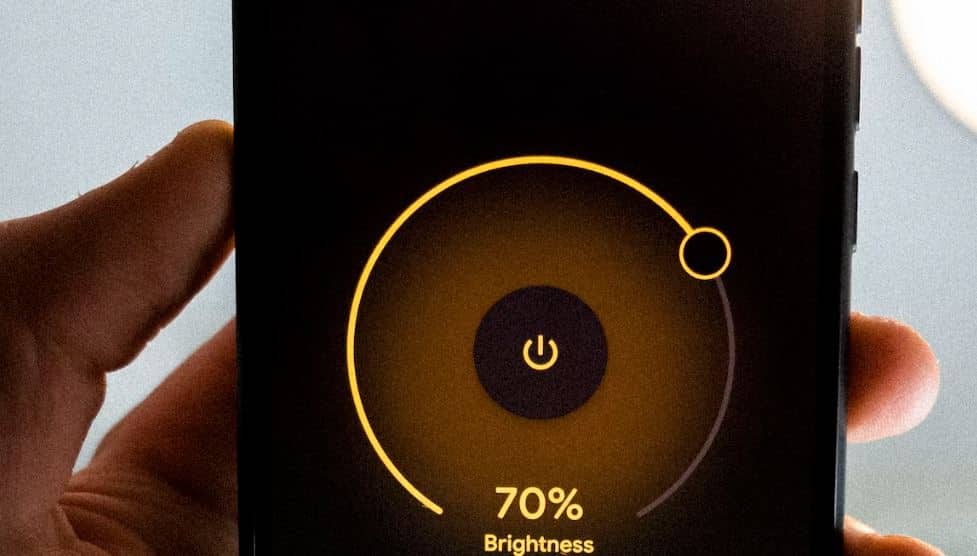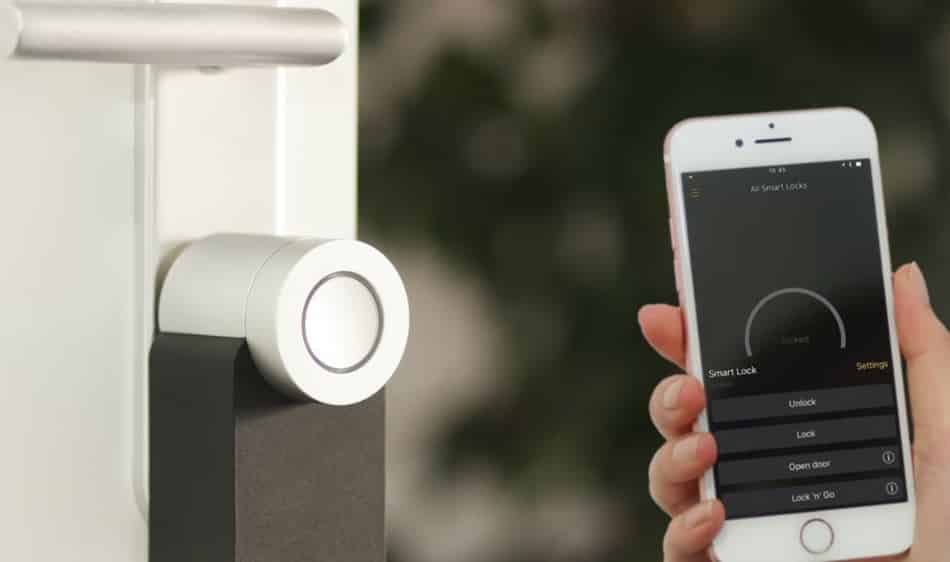A home that uses equipment linked to the internet to allow remote monitoring and control of appliances and systems like lighting and heating is referred to as a “smart home.” Smart home technology is also commonly known as home automation or domotics.
It is from the Latin word “Domus,” which means home), offers homeowners security, comfort, convenience, and energy efficiency by enabling them to manage smart devices, generally by using a smart home app with their smartphone or another networked device.
In addition, smart home technology is also referred to as “domotics,” which derives its name from the Latin word “Domus,” which means home. In addition, smart home technology is often referred to as “domotics,” which derives its name from the Latin word “Domus,” which means home.

The internet of things (IoT) is the network of interconnected computing devices, software applications, and other resources that enable these devices to communicate with one another, share data on user activity and do predetermine, automated actions.
The technology behind a smart house includes gizmos, devices, and home appliances that can communicate wirelessly with one another. When linked to the house’s Wi-Fi internet network, they can interact with one another, a smart bridge, or an app on a mobile phone.
You can conveniently operate these devices from any location using a linked smartphone or an app on your mobile device. A select few high-end intelligent gadgets go the additional mile to provide users with cost-cutting and personalized services.
A smart speaker is important to every smart home environment. You may instruct it to alter your home’s lights, heating, and so forth. These are little, voice-controlled computers that can browse the web and manage your calendars.
Benefits of Smart Home
Installing a smart home technology system will give homeowners convenience. Homeowners may manage all of their home’s features, including appliances, thermostats, lights, and other elements, from a single device, often a smartphone or tablet. This eliminates the need to operate each element separately. Having a smart home is not just about controlling everything. Here is a list of interesting benefits you will get from having a smart home:
Provides More Comfort
It is true that having a smart house would immediately boost the living comfort you experience, which is one of the primary advantages of owning a smart home. Your connected home is there for you throughout the day, making everything that much simpler.
For example, when you leave your house, you may use a set-up scenario to tell your smart home, “I’m going now.” Your smart home will turn down the heating thermostats, close the smart shutters or blinds, and activate the security system, including surveillance cameras.
Users can remotely control and monitor thermostats, watch video from security cameras, schedule indoor and outdoor lighting, and do much more without leaving their workplace or even their kitchen table, thanks to the interconnectivity provided by such technologies. Additionally, this helps save money on utilities and other home expenditures.
Big Save From Energy Bills
As you know, controlling utilities like lighting, heating, and cooling may reduce energy bills. You can ensure comfort while conserving energy by pre-setting your thermostat to a certain temperature at particular times of the day.
For example, if you’re going away for the weekend during summer, you may lower the thermostat setting from 72 to 78 degrees Fahrenheit to save money on your energy bill. In many circumstances, smart home technology will boost energy efficiency and convenience. The ability to regulate your home’s lighting, heating, and cooling system while you’re not at home accounts for a large portion of the energy savings with home automation.

Improves Home Security
A home automation system will make it possible for you to have automatic door locks, which will increase the safety of your property. You may exercise remote control over these door locks by utilizing an online device, such as a smartphone, tablet, or personal computer. One simple touch of your finger is all it takes to ensure that all your doors are locked securely.
Whether you are away on vacation, at your place of employment, or out having dinner with your loved ones, your smart home will maintain vigil and send you alerts if anything out of the ordinary occurs.
It is not easy to put a value on the sense of security one gains from the realization that their loved ones and belongings are protected from dangers such as fire, carbon monoxide poisoning, and other similar dangers. Times of the day offer comfort while reducing the amount of trash produced.
Remote Monitoring
Smart homes may be handled remotely from any location and at any time if linked to a mobile device or a personal computer. This allows for real-time check-ins on many aspects of your house and property. It is challenging to measure just what that degree of protection represents to consumers.
Video Motion Detection
This technique economizes time, battery life, memory, storage space, and energy by turning on only in response to motion detection. Motion detection can notify you of any unusual activities on your property. It alerts you to any unusual behavior inside your house or surrounding outside areas, whether you are at home or away.
Disadvantages of Smart Home
There are still drawbacks to living with the smart home, although it provides convenience and cost benefits. Bugs and other potential security breaches continue to worry the developers and users of technology.
For instance, skilled cybercriminals may access internet-connected equipment in a smart home. Protecting smart appliances and gadgets with a robust password, encrypting sensitive data wherever possible, and connecting only trusted devices to a network are some measures that can take to reduce the likelihood of such attacks.
To counter this viewpoint, consider some of the disadvantages of smart homes:
Smart Homes Can Be Expensive
Smart technology may be pricey. The cost of installing smart home equipment is often greater than the cost of installing traditional home technology. Prices for smart homes have plummeted since their beginnings, but installing a full house with linked gadgets and appliances may be costly.
Installing smart switches on every light switch in your house adds money. Even if you don’t have to replace every outlet, upgrading most of them with smart outlets adds money.
Can Be Over Reliant to the Internet
The need for a functional internet connection is one disadvantage that smart homes have in comparison to more traditional home automation systems. This is because orders are sent back to the cloud, where they are processed, and the cloud then sends instructions to the appropriate devices on what they should be doing.
Most intelligent systems and gadgets include some backup that enables them to continue functioning even if your Internet connection goes down. You may only be able to use some of the more sophisticated features of your smart devices once the connection issue is resolved.
Internet Security
Remember to always keep your login information, including your passwords, to yourself. There is no such thing as a completely secure internet system; there is always a gap somewhere. There is always the possibility that someone may hijack your account. You may have seen several movies in which hackers, wearing either one white hat or a black hat, have seized control of the video camera of an unsuspecting house and begun chatting through it.

Compatibility Between Devices
Smart homes depend on gadgets communicating with one another to give beneficial services to consumers. While device compatibility is increasing, it remains a disadvantage of smart homes. Do you know what goes nicely together? It is critical to do research and determine which environment is most suited to your requirements.
The last thing you want to prioritize is to invest in various automated gadgets that play poorly together.
Key Takeaways
Overall, smart home technology provides major benefits while also having certain drawbacks. Smart homes make things simpler by using innovation and technology. Smart homes have altered how people do things, use energy, and connect with home appliances, whether managing programs with your phone or scheduling activities to complete activities at certain times.
